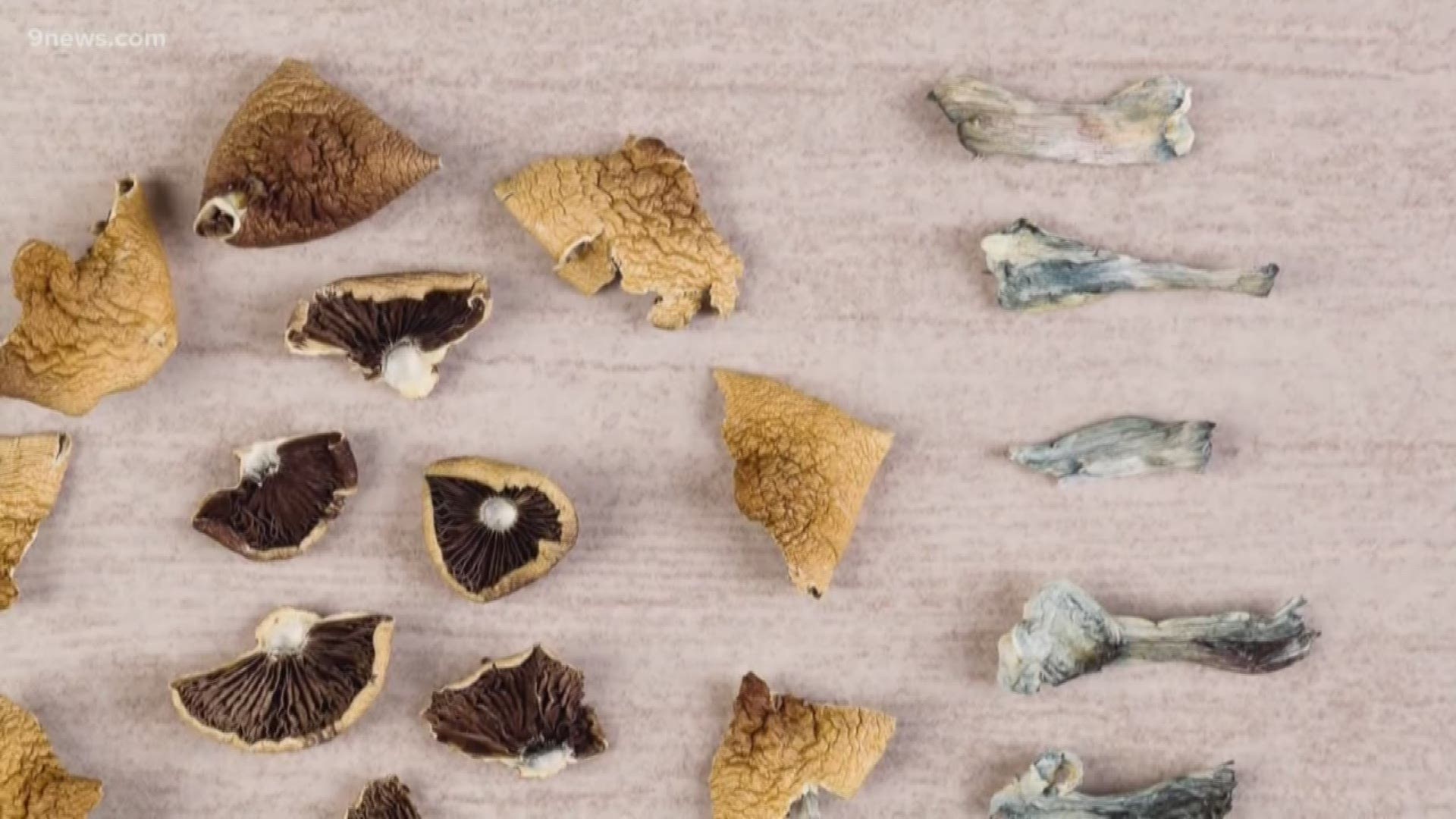DENVER, Colorado — When Denver voters narrowly approved decriminalization of hallucinogenic mushrooms last year they also approved the formation of a panel that would analyze the outcome of decriminalization and report its findings.
The panel includes representatives from the Denver Department of Safety and City Attorney’s office, the Denver District Attorney, a criminal defense attorney, an addictions counselor and a harm reduction advocate, and city councilman Chris Hinds.
The panel approved its new president at its first meeting on Tuesday, Kevin Matthews, the psilocybin mushroom advocate who led Initiative 301 to success.
“A meeting like this doesn’t happen every day and the fact that we’re here is a signal to the rest of the country, nay the world that we’re ready for this conversation,” he said in his opening statement to the new, mayor-appointed panel. Mayor Michael Hancock did not support the initiative ahead of passage in 2019.
Several mushroom advocates came to watch the public meeting. Several took the opportunity to speak in a public comment period.
“Psilocybin was my saving grace. Three days into my withdrawal symptoms, I was having excruciating pain,” said combat veteran Bryan Ortega who said mushrooms helped him through his PTSD. “I am living proof and testimony that these medicines work. And there’s scientific data and research coming out all the time that say the same thing.”
That’s true. There’s an increasing body of data and research pointing to the efficacy of psilocybin mushrooms as a treatment for a number of mental health conditions. Medical professionals agree that more research needs to be done though. And it is. Seeing potential, the FDA has fast-tracked clinical trials.
“How can we explore and recommend psilocybin to solve some of the most complex problems we’re facing as a city? Namely Denver’s mental and behavioral health challenges and create a climate where law enforcement especially, embraces a culture of compassion overcriminalization for drug offenders,” said Matthews to the panel.
That was a bit more than the panel could chew on day one. They handled the passage of bylaws, set out times to meet and began talking about law enforcement reporting standards, another requirement of 301.
“We are talking about the kinds of data we can collect which I think will also be very useful," said District Attorney Beth McCann who was also initially against the ordinance. "Looking at race and ethnicity and gender, things of that nature of people who are charged with possession of psilocybin or distribution. I think that data will be instructive."
The initiative decriminalized mushrooms. It did not legalize them. Decriminalization makes psilocybin mushrooms a low priority of Denver law enforcement, though they very rarely see psilocybin in the city anyway and haven’t seen an increase since decriminalization.
“I am sure police are not out scouring the city for people who have psilocybin. But they do have narcotics enforcement,” said McCann. “When they come upon some kind of illegal drug or illegal sale they will enforce that. So, it will be interesting to see what data we produce.”
That data will help the panel move forward with better understanding of what “personal use” possession is and what other metrics it needs to show the initiative's effect on the city and its residents.
The law enforcement reporting standards will be finalized by March 31. The panel will produce its first report to City Council in 2021.
SUGGESTED VIDEOS | Local stories from 9NEWS

